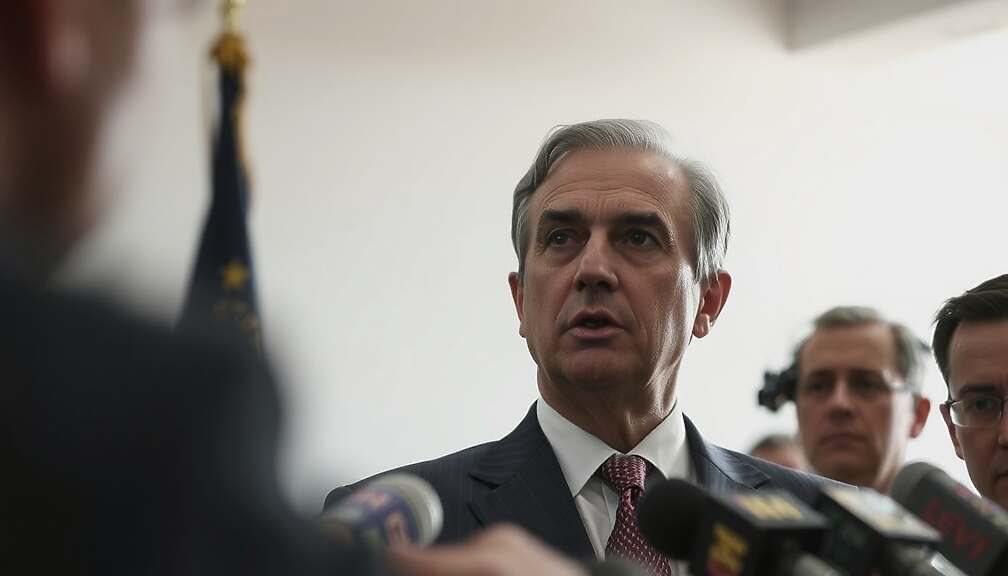The German government, under the leadership of Health Minister Nina Warken (CDU), is attempting to navigate a precarious situation regarding the long-term financing of both statutory health and care insurance, signaling a potential delay in necessary adjustments while simultaneously attempting to avoid politically damaging contribution increases.
Warken’s recent statements to RTL and ntv emphasized the government’s commitment to preventing further rises in care insurance contributions, a move widely interpreted as an attempt to appease voters ahead of upcoming elections. Her assertion that contributions “will not rise” suggests a deliberate sidestepping of the underlying financial pressures facing the system, rather than a demonstrably sustainable solution.
The ministry faces a shortfall of 1.7 billion euros within the care insurance system. While Warken indicated ongoing negotiations to close this gap within the coming days, the vagueness of the plan raises concerns about the methods being considered. The ministry’s reliance on an unspecified “estimation circle” to finalize the solution further obscures the details and invites scrutiny regarding the transparency of the decision-making process.
Critics argue that delaying necessary adjustments only exacerbates long-term instability. The system’s reliance on “good conversations” and optimistic projections risks pushing the problem further down the line, potentially requiring even more drastic measures – and likely steeper contribution increases – in the future. The government’s prioritization of political expediency over fiscal responsibility is drawing accusations of short-sightedness and a failure to face the core challenges of an aging population and rising healthcare costs. The longer-term sustainability of the care insurance system remains questionable and the current course of action appears to be a temporary reprieve rather than a genuine resolution.












